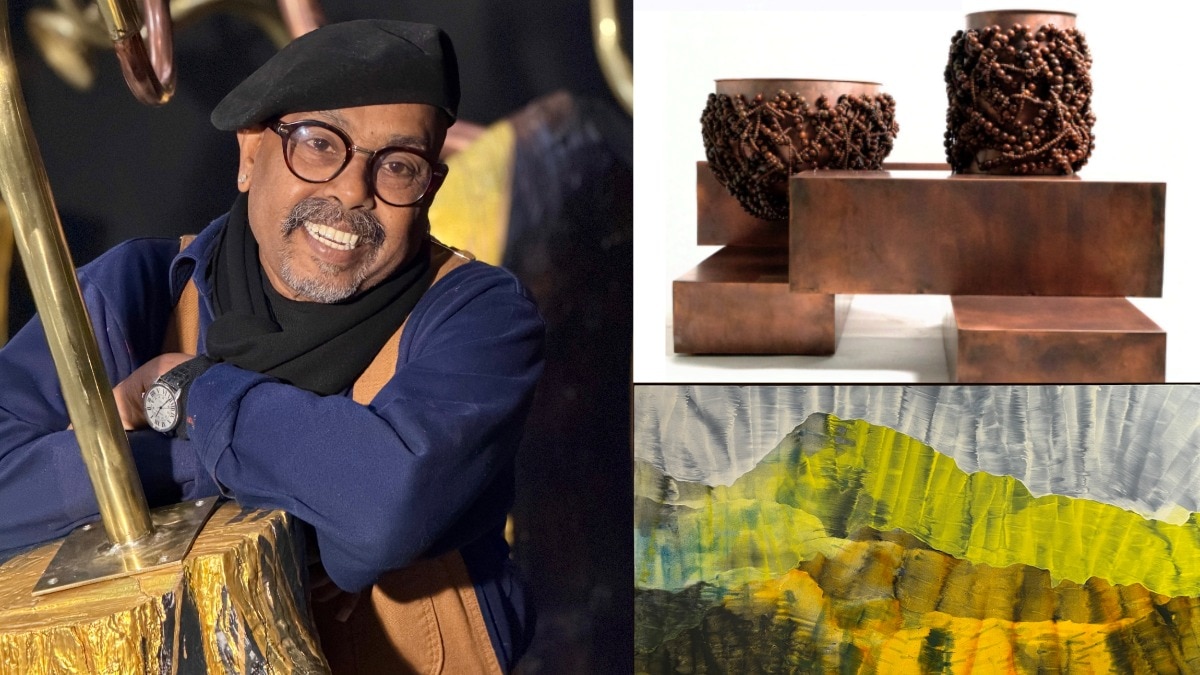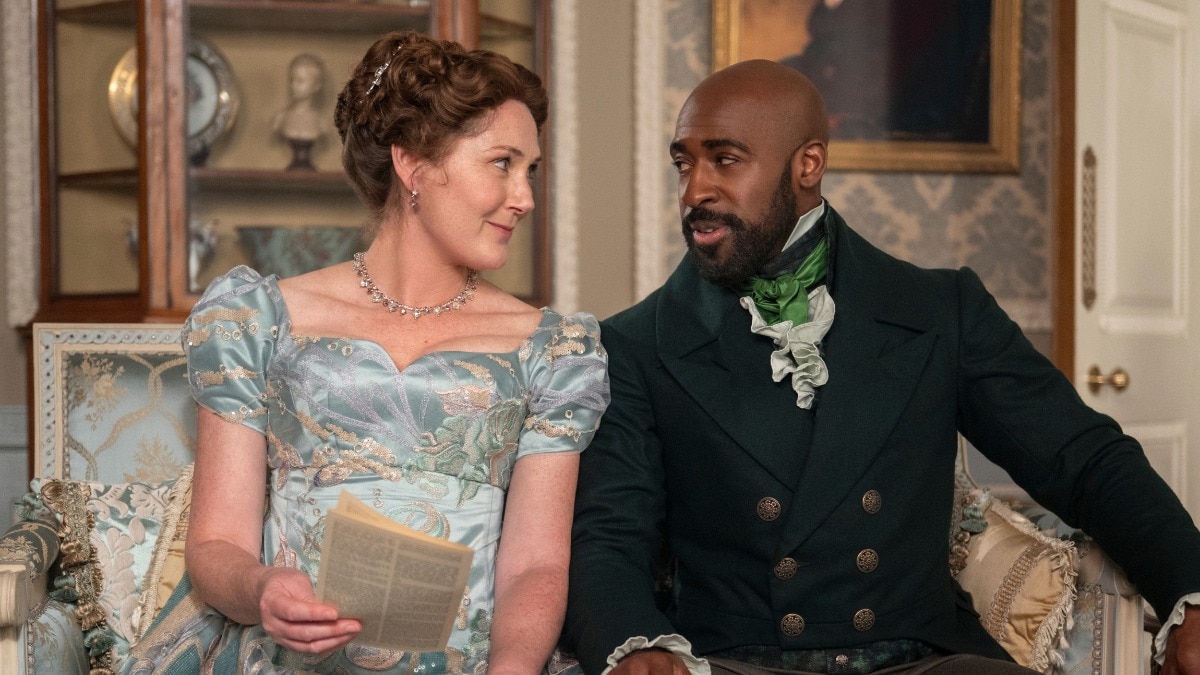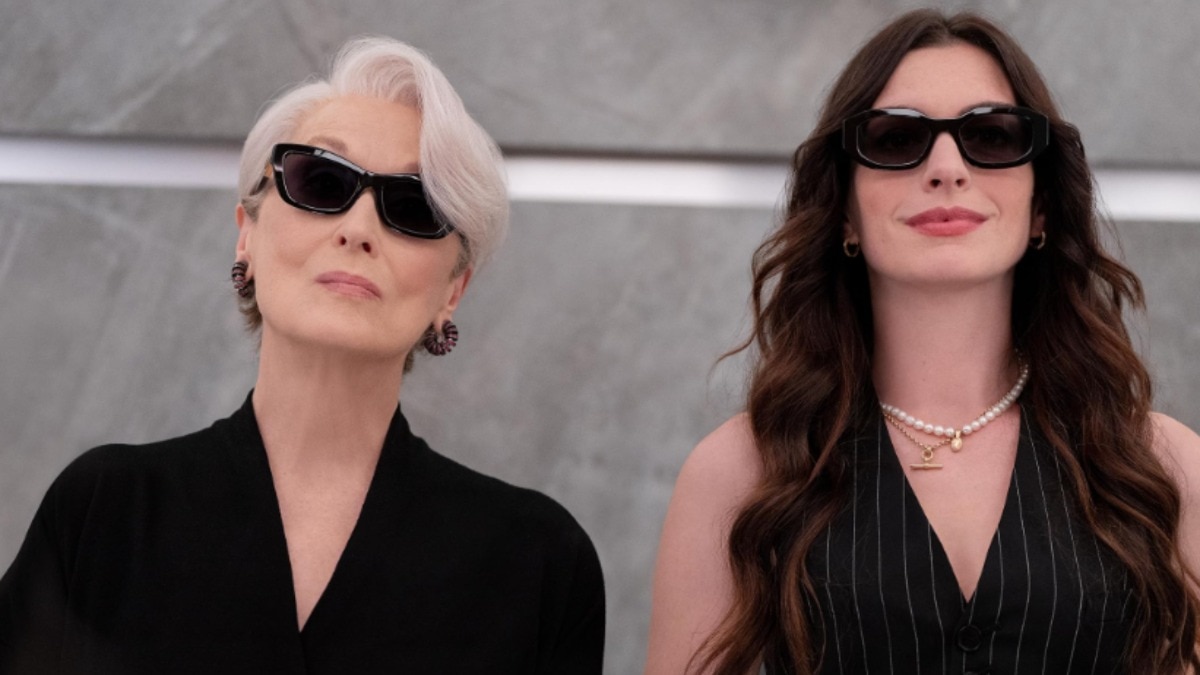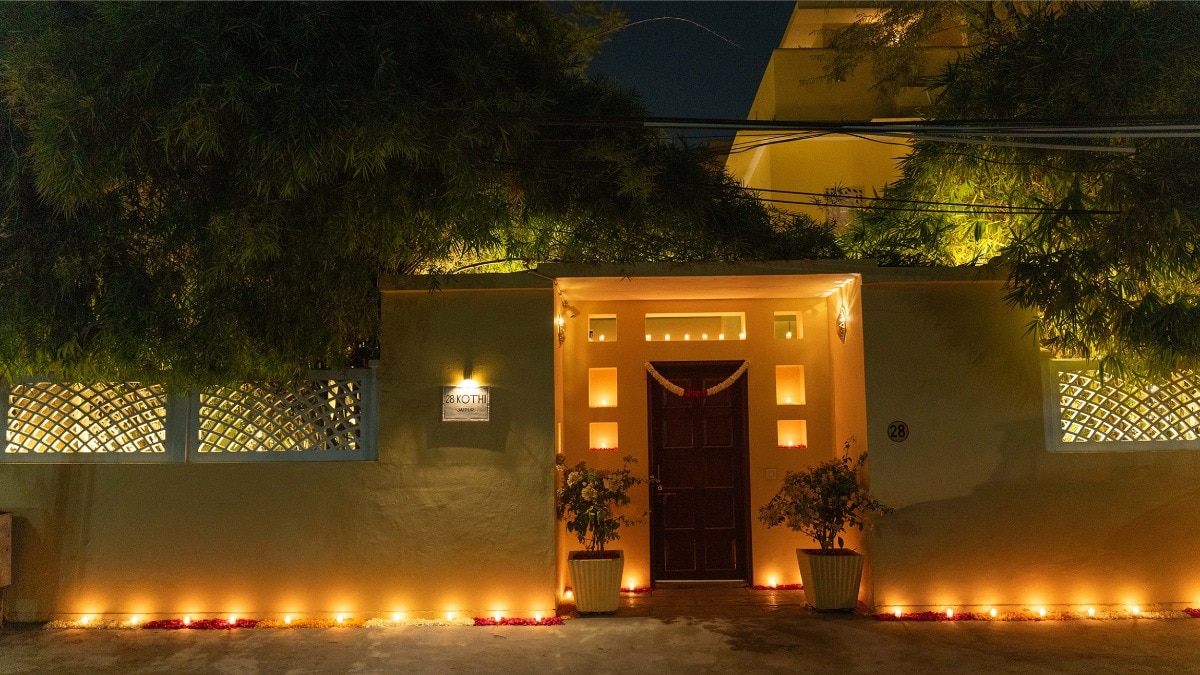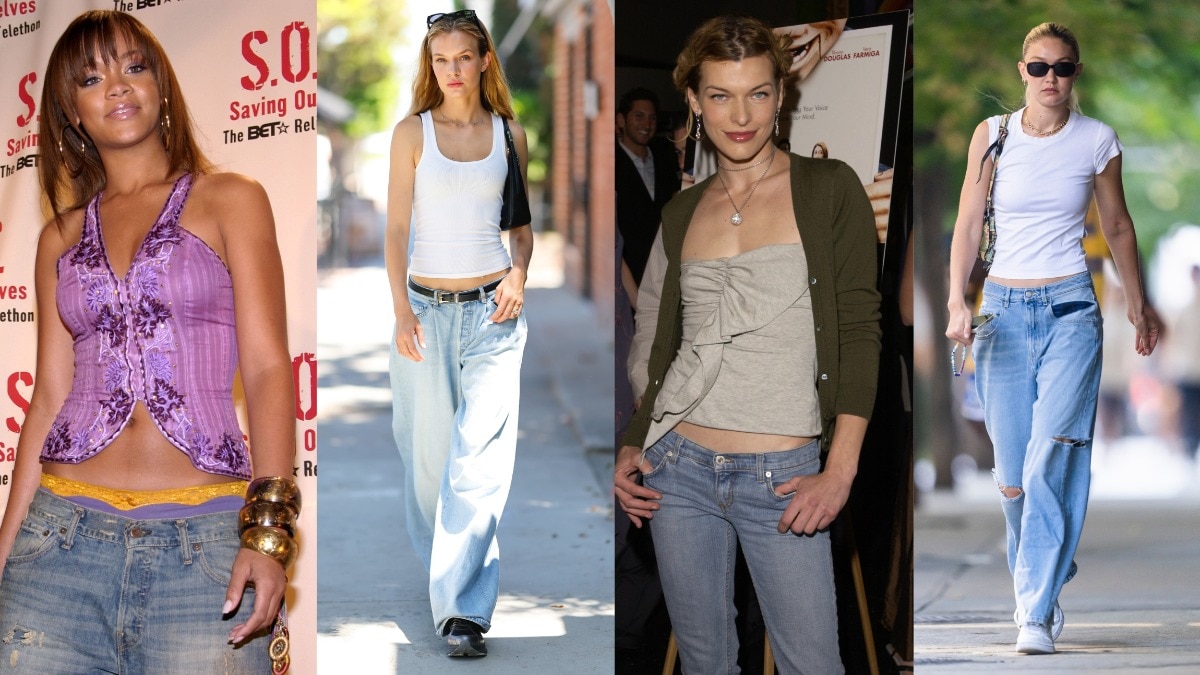Why are so many people breaking up with their dream jobs?
No longer a dream?


We all remember that moment in The Devil Wears Prada when Emily Blunt tells Anne Hathaway, “A million girls would kill for this job.” She wasn’t wrong—because let’s be honest, isn’t that how it is for most of us? There’s this blind, breathless excitement around doing something we’d always dreamed about. And even when we’re chasing our dream careers, we casually throw around lines like, “I would die for that job.” Until, of course, you actually land it. And that’s when the reality slowly starts to sink in: maybe it’s not worth dying for after all.
The idea of a dream job is deeply ingrained in us, right from our childhood ambitions to college courses, and of course, the endless scrolls on LinkedIn. While some of us grew up fantasising about being high-powered lawyers, others imagined running their own marketing firms—all of these looked exciting on the outside, of course—but cut to adulthood, and we are finally able to see the cracks.
Maybe the job isn’t what we imagined, or maybe we changed, as did our dreams and goals. Or maybe, we still love what we do, but everything around it—the culture, the hours, the pressure, or even the people—is what slowly chips away at the passion.
In 2025, the traditional concept of the “dream job” is undergoing a major transformation. Employers are now being held accountable for creating workplaces that prioritise mental health, offer flexibility, and provide fair compensation. At the same time, professionals are exploring alternative paths—freelancing, content creation, passion projects, or simply stepping away to reassess their priorities.
Harry*, 31, former corporate lawyer
“Corporate law was the end goal for me since college. After I graduated, I interned at a few smaller firms, working late nights relentlessly, and constantly networking to get my foot in the door. It took me a couple of years, but when I finally joined a top-tier firm, it felt like a huge win to me. After years of hustling, it all felt worth it. But that didn't last long. I realised that even though I landed my dream role, the hustle would never end. Of course, I didn't expect it to be a cakewalk, but I didn't expect it to take over my whole life either. My phone never stopped ringing, even on weekends. I even missed a close friend’s engagement because of an 'urgent' meeting, which could have been taken care of without me. My health wasn't so great either; my back was a mess from being at a desk for 14 hours a day, and I hadn’t had a real conversation with my parents in months. I kept telling myself it would all make sense once I ‘made it’. But it hit me—this was it. It was always going to be like this, and so I took a break, and then decided to move out altogether.”
Megha*, 28, creative strategist
“I didn’t land my dream job overnight—I spent years building experience, first through internships, then in an assistant role at a smaller agency. After nearly two years of pushing, I finally got into a well-known creative agency, and I was thrilled. At first, everything seemed perfect: the work was fast-paced, exciting, and I was surrounded by brilliant minds. But as time went on, I started to feel like I was stuck. I’d been in the same role for over three years, doing the same tasks, facing the same challenges, with little room to grow. The job became a routine, and the excitement I once had started to fade. Despite working on bigger projects and handling more responsibility, I felt like I was just treading water, waiting for something to change. The problem wasn’t the work, it was that there was no real opportunity to move forward. I realised I was stagnant, and that’s when I knew it was time to leave.”
Sanaya*, 26, visuals editor
“When YouTube started gaining popularity in India, I was really drawn to the idea of working with channels that created fun sketches, food reviews, and similar content. So, when I finally had the chance to work with one, it felt like a huge achievement. At first, I loved the work, but over time, I realised I was stuck doing the same kind of content with little room for growth. It started affecting my creativity, and I knew it was time to move on. Even though it was once my dream job, my personal growth and changing aspirations made me realise it was time for something different.”
For many, landing a dream job feels like arriving. You’ve done it. You’ve made it. But what happens when the dream turns into a full-blown reality check? When the thing you worked so hard to achieve starts feeling like a trap you can’t escape from?
Why people are choosing to walk away from their dream jobs
In recent years, a significant shift has taken place in how professionals view their careers. From quiet quitting to bold career pivots, the once-glamourised hustle culture is no longer as desirable. Today, Gen Z and millennials are rewriting the narrative, placing mental health, work-life balance, and purpose above traditional notions of prestige.
A 2024 LinkedIn Workforce report revealed a startling statistic: 67 per cent of professionals would leave their “dream job” if it compromised their well-being. In 2025, it is no longer about the big names.
Gen Z's prioritisation of work-life balance
Work-life balance is a key factor driving the career decisions of Gen Z professionals. A survey by Unstop found that 47 per cent of Gen Z plan to leave their jobs within two years, with work-life balance at the top of their priority list. Interestingly, 72 per cent of respondents from this generation value job satisfaction over salary, revealing a growing desire for roles that provide personal fulfilment rather than just financial gain.
Unsupportive bosses who kill the dream
No matter how great the role is, having the right people around you—especially in leadership—makes all the difference. An unsupportive manager can quickly drain the joy out of the dream job. From dismissing ideas to micromanaging every move or even failing to advocate for their team, bad leadership often leads to a toxic work environment. Without guidance, recognition, or room to grow, even the most passionate employees can feel undervalued and stuck. Turns out a dream job without a dream boss is not so dreamy after all.
Influencer advocacy for career change
The rise of influencer advocacy is also playing a significant role in this shift. Australian creator Hannah Elliot recently garnered over 200,000 views by urging Gen Z to quit jobs they dislike, emphasising their replaceability within companies. In a viral skit, Elliot pointed out that if an employee were to suddenly leave or, in a more morbid sense, pass away, the company would quickly find a replacement. Her message? Don’t stick with a job you hate for the sake of others—prioritise your own happiness.
Toxic work culture in disguise
While many industries appear glamorous from the outside, they often hide toxic work cultures behind the scenes. Fashion, media, entertainment, and even start-ups frequently blur the lines between hustle and exploitation. Employees are often expected to over-deliver, say yes to every request, and power through burnout—all in exchange for the “privilege” of being there.
When your job is pitched as your passion, the boundaries between work and life can become dangerously blurred. Overworking starts to feel normal, and wanting to protect your personal time feels like a betrayal of your dream job. Late nights, weekend work, and skipping personal commitments become the unspoken rule, with burnout often disguised as dedication.
Underpaid and over-glorified
There’s a persistent assumption in some creative industries—whether it’s fashion, social media, or even non-profits—that if you love what you do, you shouldn’t care about the paycheck. Unfortunately, this mindset often leads to underpaid positions while the struggle is romanticised, leaving employees both exhausted and financially insecure.
For many, the dream job promises a chance to do meaningful, fulfilling work. But the reality often falls short, boxed in by bureaucracy, restrictive brand guidelines, or stifling micromanagement. What makes this even more difficult is the feeling of being too grateful to speak up, which further stifles creative expression.
The mental toll of the hustle
Behind every glowing social media post about “the grind” lies the mental toll of constantly pushing yourself beyond the limit. The weight of always having to prove your worth, be productive, and keep up with your peers can take a significant emotional and psychological toll, one that many are no longer willing to pay.
For many, the final straw isn't the workload but the lack of joy. That creeping realisation that the job you thought would fulfil you is, in fact, emptying you out.
We're also seeing a shift towards jobs that support a better quality of life, not just a prestigious title. Sabbaticals, hybrid models, and portfolio careers are no longer just trends; they're quickly becoming the new standard.
Perhaps the issue isn’t that dream jobs don’t exist. Perhaps it’s that we've been sold the wrong idea. One that ties our self-worth to our work, conflates burnout with ambition, and glorifies overwork as success. But there’s true power in walking away. In choosing peace over prestige. In finding fulfilment on your own terms. Because sometimes, the real dream job isn’t the one everyone else envies—it’s the one that allows you to be happy, healthy, and whole.
*Names changed.
Lead image credit: Netflix
Also read: #BazaarAtWork: Stress bragging: The office status symbol nobody asked for
Also read: How to fight hyper-fatigue

